Top US general in Europe talks alliances and partnerships
- By Stavros Atlamazoglou
Share This Article
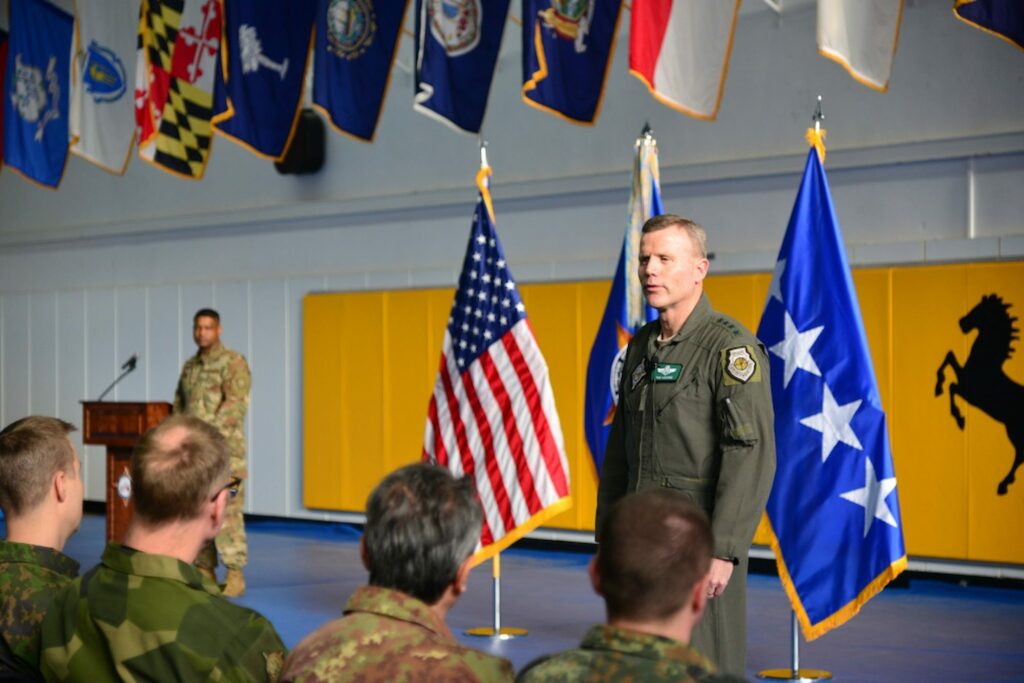
Recently, the top general of the U.S. European Command and the head of NATO spoke about the importance of alliances and partnerships to U.S. national security.
Air Force General Tod D. Wolters, who commands both EUCOM and NATO, talked about several topics, including Russia, China, the era of Great Power Competition, American forces in Europe, and NATO operations.
General Wolters’ remarks offer some valuable insight into the strategic thinking behind America’s alliances and partnerships and the threats the country is facing.
“We live in an increasingly complex and contested world,” General Wolters said in a press release. “Political uncertainty, energy competition and diffusion of disruptive technology are stressing the established rules-based international order, [and] threats and challenges seek to take advantage of these conditions through aggressive action, using all instruments of national power [that] are backed by increasingly capable military forces.”
“We’re in an era of global-power competition. Winning in this era is ensuring that global power competition does not become a global power war. Despite widespread international condemnation and continued economic sanctions, Russia engages in destabilizing and malign activities across the globe, with many of those activities happening close to home [in Europe].”
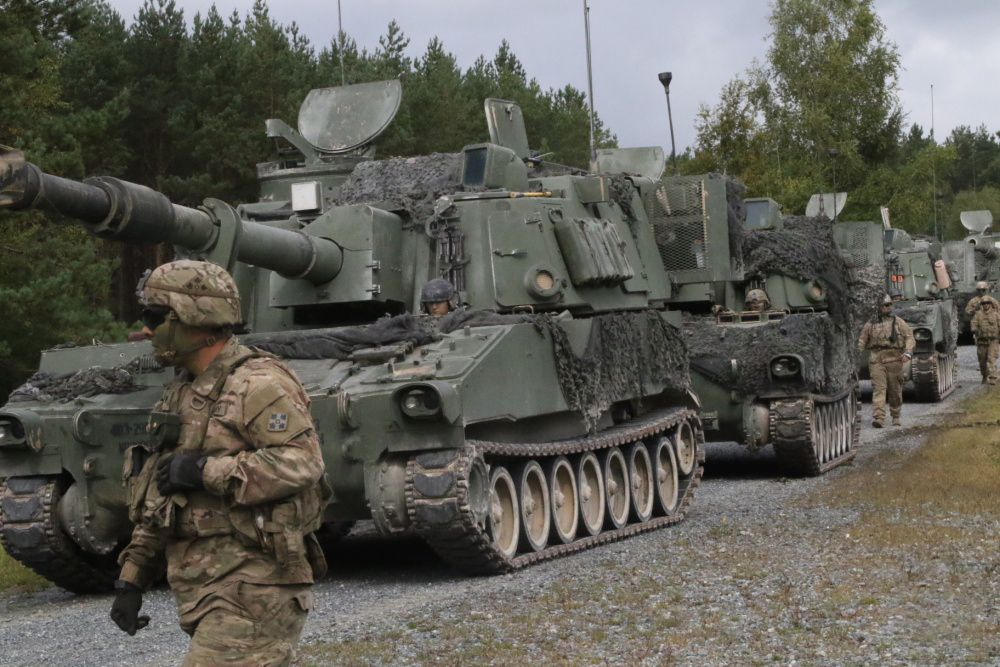
NATO is very much relevant in today’s strategic environment and not a Cold War anachronism. The transatlantic organization’s activities include exercises and other operations that–besides their training utility–also provide deterrence to competitors, such as Russia, and reassurance to partners and friendly countries, such as Ukraine, which has benefited considerably from NATO military aid and assistance in the last few years.
China is also an important player in the region. Recently, China overtook the US as the European Union’s largest trade partner. Chinese investment—and influence—in Europe has been steadily increasing for some time now. American allies and partners do increasingly more deals with the Chinese. In that regard, American diplomacy and business are failing for they haven’t offered a more valuable alternative.
“Our security posture is strong. We possess combat-critical capability across all domains — land, sea, air, space and cyber. We will maintain and work to hone this capability to deter our adversaries and defensive partners and our interests,” Wolters added.
It was legendary British prime minister Sir Winston Churchill who had captured the tensions and nuances of alliances and partnerships best. On the closing days of the Second World War, he had said that “there is only one thing worse than fighting with allies, and that is fighting without them.”
Churchill knew a thing or two about alliances. During the First World War, he held key defense positions, masterminded the ill-fated Gallipoli Campaign, and also fought in the trenches of the Western Front. In the Second World War, he arguably was the person who kept Great Britain in the war after the Nazis swept over Western Europe and France in 1940 and who wooed America in helping the battered Allies before Pearl Harbor. He understood that his country was stronger and more effective because of its alliances and partnerships.
Related Posts
Sandboxx News Merch
-

‘AirPower’ Classic Hoodie
$46.00 – $48.00 Select options This product has multiple variants. The options may be chosen on the product page -

‘Sandboxx News’ Trucker Cap
$27.00 Select options This product has multiple variants. The options may be chosen on the product page -
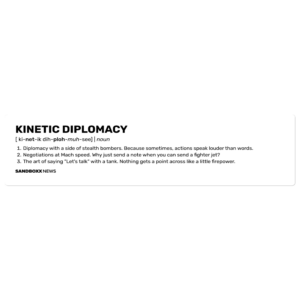
‘Kinetic Diplomacy’ Bumper Sticker (White)
$8.00 Add to cart
Stavros Atlamazoglou
Greek Army veteran (National service with 575th Marines Battalion and Army HQ). Johns Hopkins University. You will usually find him on the top of a mountain admiring the view and wondering how he got there.
Related to: Military Affairs
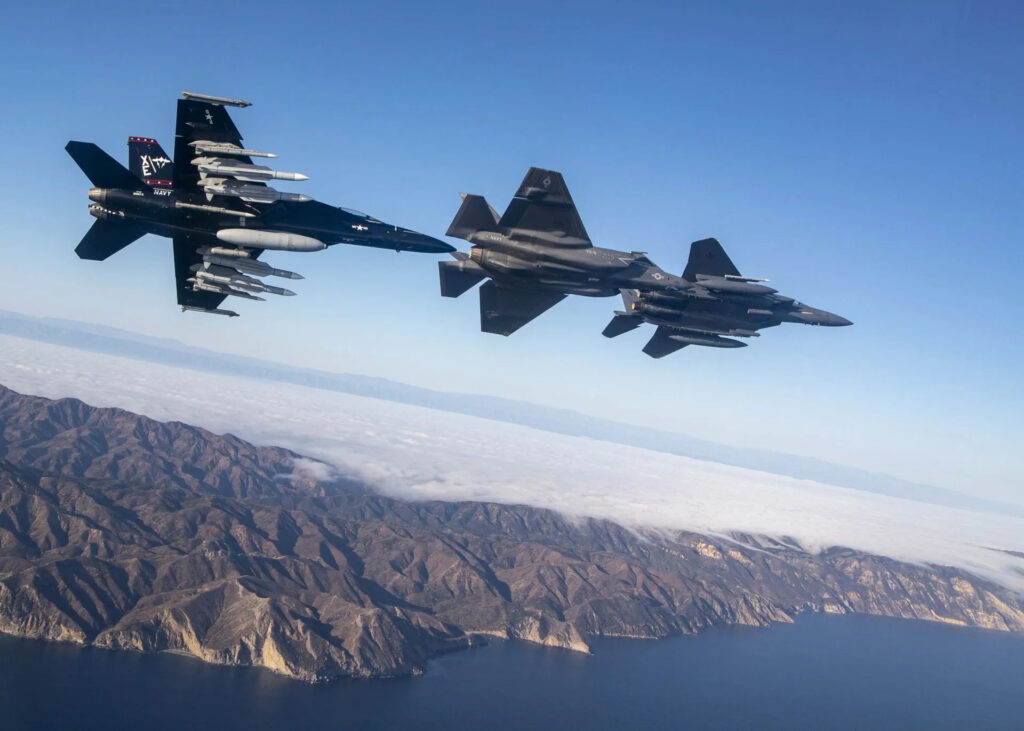
British F-35s faced off against their American counterparts in rare showdown
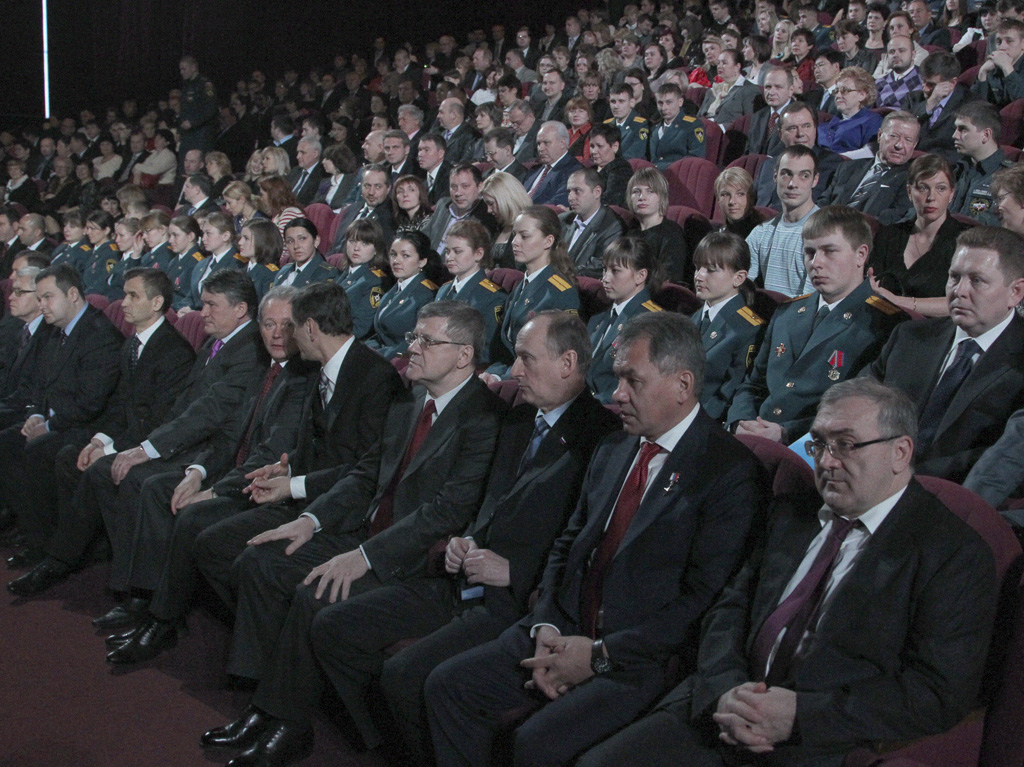
Russian leadership tries to demonize Ukraine to make war more acceptable
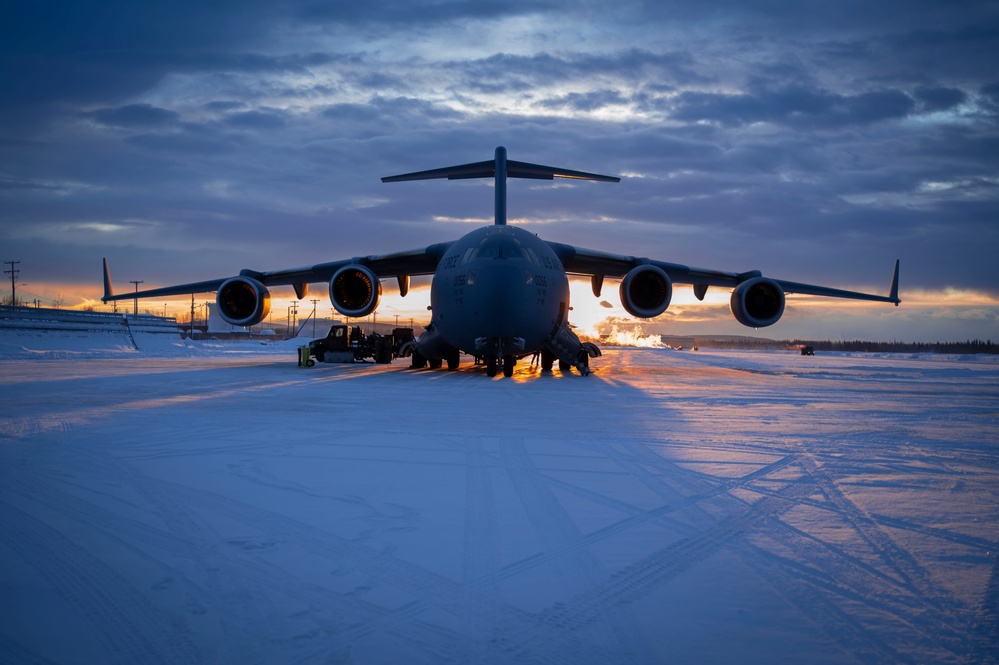
The C-17 Globemaster is the Air Force’s unsung hero
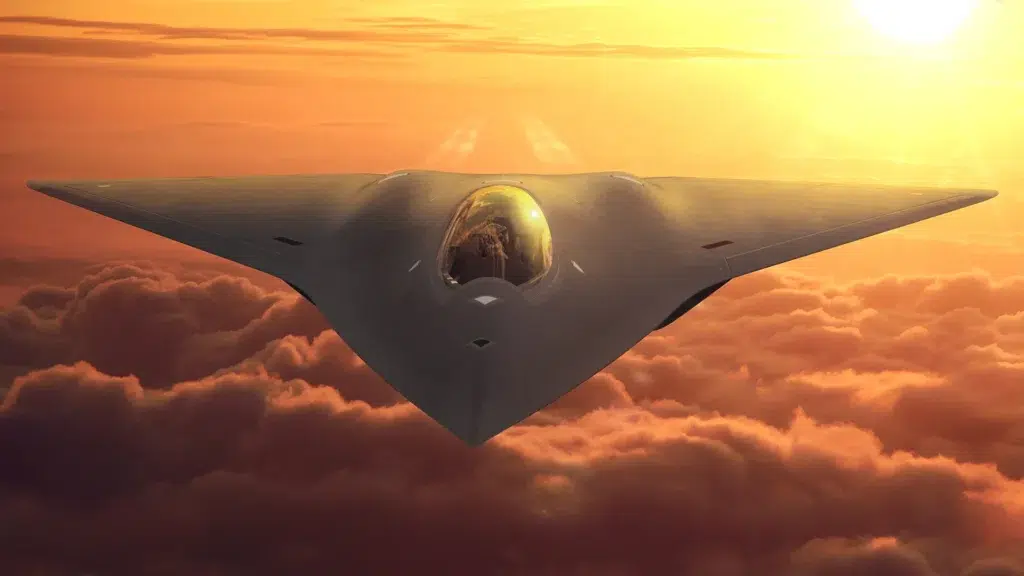
Air Force is unsure of what the NGAD should do
Sandboxx News
-

‘Sandboxx News’ Trucker Cap
$27.00 Select options This product has multiple variants. The options may be chosen on the product page -

‘AirPower’ Classic Hoodie
$46.00 – $48.00 Select options This product has multiple variants. The options may be chosen on the product page -

‘AirPower’ Golf Rope Hat
$31.00 Select options This product has multiple variants. The options may be chosen on the product page -

‘Sandboxx News’ Dad Hat
$27.00 Select options This product has multiple variants. The options may be chosen on the product page
